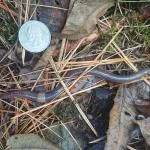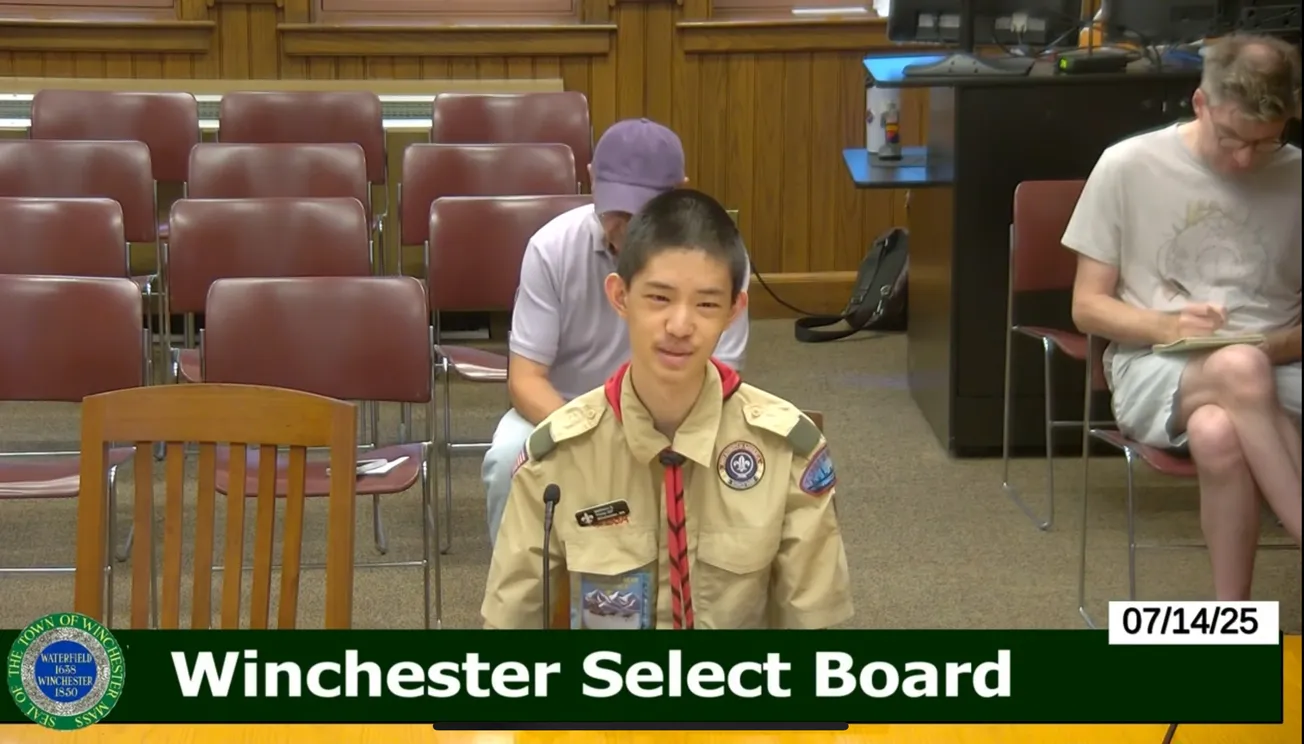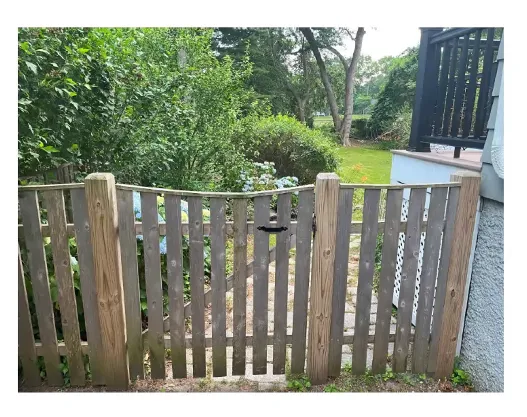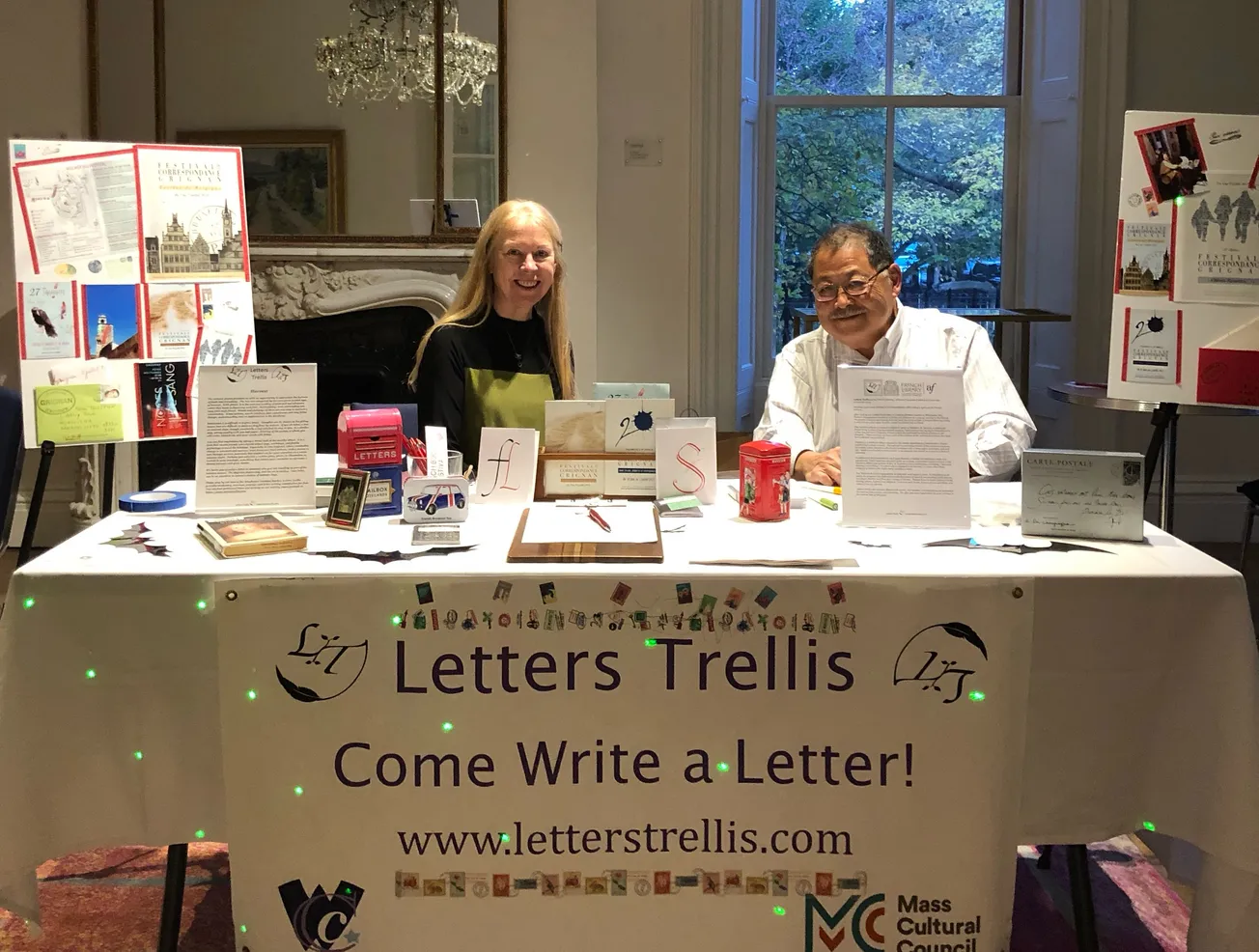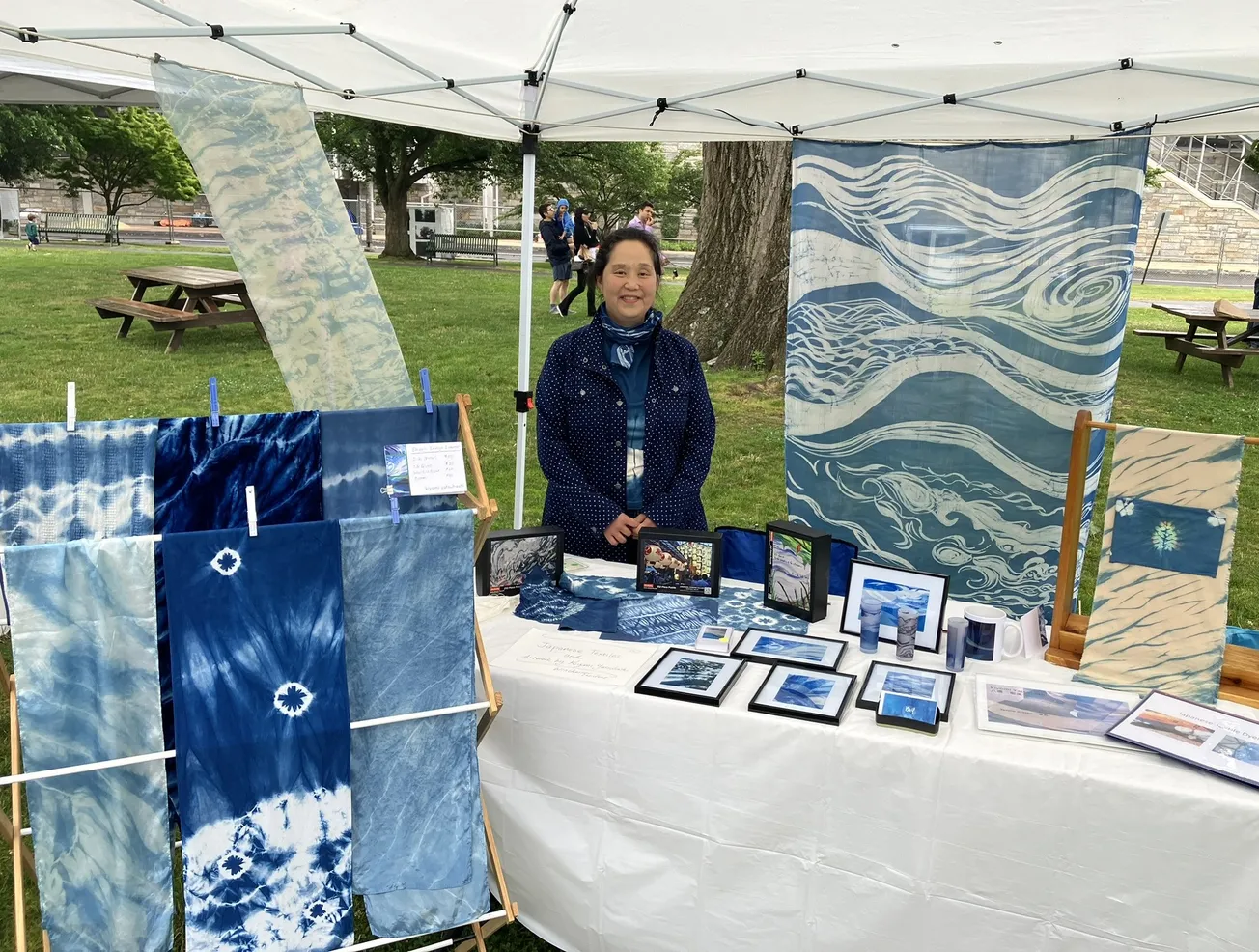Table of Contents
Sept. 27 - There’s a new invasive pest for Winchester gardeners to worry about. Asian jumping worms, aka Alabama Jumpers, Jersey wrigglers, and crazy snake worms, may soon be “jumping” into a yard near you. These worms, like other earthworms in our area, are not native to the United States; but unlike the European earthworms or “nightcrawlers” that most of us are used to, and that enrich the soil, this type of worm is native to parts of Eastern Asia, and can damage the local ecosystem. They harm soil health, threatening native plants, insects and birds all of which depend on a healthy layer of leaf litter to provide nutrients to the soil. Jumping worms die off in the winter while their egg cases, invisible to the naked eye, lie dormant and come alive when temperatures rise again in the spring. Egg cases can travel in soil and mulch, on plants or garden equipment, and even on people’s shoes, increasing the likelihood that gardeners might unknowingly carry them onto their property.
Although you won’t notice the egg cases, it will be difficult to mistake a jumping worm if you come across one in your yard, as they writhe aggressively when disturbed and can jump as high as a foot in the air. The band around their body, known as the clitellum, where their eggs are stored, is white, and fully encircles the body. The clitellum of a nightcrawler, on the other hand, is more reddish brown in color, and does not go all the way around its body. Another sign that you may have an infestation of jumping worms is having dry pellet-like soil, similar to the texture of used coffee grounds.
The biggest concern is that the worms can end up in forested or conservation areas where they reproduce rapidly. They are voracious eaters and consume so much of the soil and leaf litter that they kill native plants by damaging their root systems. Insects that live in the soil, and upon which many bird species depend for food, die as well, impacting already struggling songbird populations.
Jumping worms were first introduced to the United States around 1900, but have been greatly increasing in prevalence in recent years. They have been found in about half of the country, and some states have laws in place restricting their use as fishing bait or compost worms in order to stop their spread. They have been present in western Massachusetts for years, but seem to be steadily making their way east.
Winchester resident Dan MacEachran says he has had them in his yard ever since he moved into his house in 2020, and that he finds them routinely while gardening in his flower and vegetable gardens and raised beds, where he has noticed a change in the soil texture. He hasn’t noticed an impact on the health of his plants yet. “Other than pulling them when we see them and feeding them to our chickens, we have not done anything else to manage them yet.”
Another Winchester resident, Ivan Correia, a researcher in the biological sciences, has been taking measures to avoid “acquiring” jumping worms. When asked if he had noticed any worms in his yard, he responded with “Fortunately, not in mine (so far)!”, adding that he is careful about how he sources compost and mulch.
Gardeners can help stop the spread of jumping worms by being careful about what they introduce into their yards, when buying or swapping plants, or spreading mulch, as well as what bait they use while fishing. The Cornell Cooperative Extension of New York provides these tips:
- Do not buy or use jumping worms for bait, vermicomposting, or gardening.
- When purchasing bulk mulch or compost, use a reputable producer that has heat-treated the material to a temperature of 130°F for at least three days to destroy the cocoons or purchase bagged mulch.
- Check your property for jumping earthworms using a mustard pour (it won't harm your plants!). Mix a gallon of water with 1/3 cup of ground yellow mustard seed and pour slowly into the soil. This will drive any worms to the surface where you can easily remove them.
- Cocoons are sensitive to heat and can be destroyed with clear plastic solarization; in late spring or summer, cover moistened soil with a sheet of transparent polyethylene for two/three weeks or until the soil temperature exceeds 104°F for at least three days.
- Be careful when sharing and moving plants; always check for worms and know where your plantings come from; buy bare root stock when possible.
- If you have a small population of jumping worms, handpick and destroy them by bagging them and throwing them in the trash, or place them in a bag and leave out in the sun for at least 10 minutes; then throw the bag away.
- Research is currently being conducted on invasive worms at the University of Wisconsin and several practices do show some promise of control. Abrasive materials such as biochar (ground up charcoal) and diatomaceous earth (fossilized diatoms) may show some promise in killing adult jumping worms. Incorporate one of these products into the infested soil to a depth where the worms are located; worms that come in contact with the materials will be adversely affected.
- If you have jumping worms, report it and avoid moving plants or soil from your yard.
The Massachusetts Introduced Pests Outreach Project also has a website with more information, and a form where you can report the presence of jumping worms:

